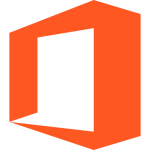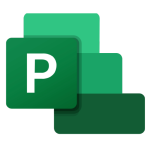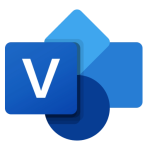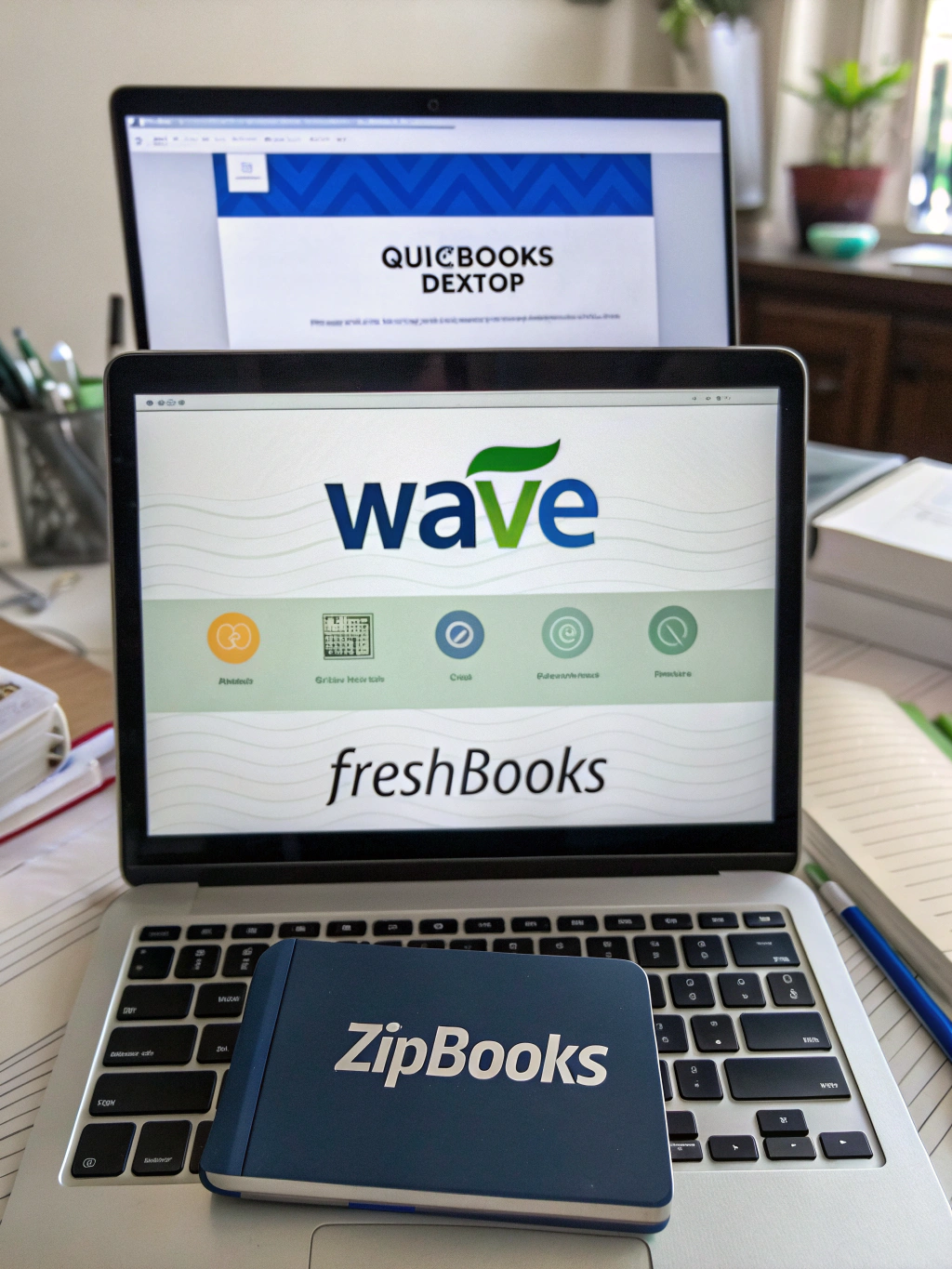Best Alternative to QuickBooks Desktop: 7 Options You’ll Love
Are You Spending Hundreds on Accounting Software That Doesn’t Meet Your Needs?
Imagine paying a recurring fee each month for accounting tools you barely use—no back-up, limited accessibility, and no integration with the apps you rely on daily. If this sounds all too familiar, you’re not alone. Millions of small to midsize businesses struggle with QuickBooks Desktop, a once-reliable solution now challenged by more agile, cloud-first tools.
But before you write off QuickBooks Desktop, consider these stats: businesses using legacy desktop software like QuickBooks often waste 12–15% of their accounting hours on manual tasks compared to cloud-based users who automate much of this work 1. The good news? Whether you’re staying with QuickBooks Desktop or exploring alternatives, there’s a better, modern solution tailored to your workflow.
Let’s dive into the best alternative to QuickBooks desktop and how to decide whether it’s time to upgrade—or stay on legacy systems.
Key Features of QuickBooks Desktop
QuickBooks Desktop has been a mainstay in the accounting world for decades. But with evolving business needs, its feature set is both a strength and a limitation. Here’s what you get when you stick with it:
- Batch invoicing saves users up to 6 hours weekly by enabling multi-vendor invoicing from a single interface.
- Job costing is a game-changer for construction and contractor businesses, allowing precise tracking of project expenses.
- Inventory tracking works well for businesses with static inventory, and its localized server keeps data within your firewall.
- User access controls are robust but outdated. Unlike cloud-based tools, you can’t grant real-time access to team members working off-site.
Did you know? 87% of QuickBooks Desktop users report streamlined operations after implementing batch invoicing and job costing features alone 2. But for remote teams or businesses needing real-time reporting, the limitations are clear.
Installation & Setup Time
If you’re a traditional user who prefers to keep your tools on-premises, QuickBooks Desktop’s setup might suit you. However, the process is considerably slower than modern alternatives.
- Installation time: 15–25 minutes after running the installer.
- Setup time: 45–90 mins to configure initial company settings, users, and chart of accounts.
- System requirements:
- Windows (Win 10 or Win 11 recommended)
- At least 4 GB RAM (8 GB preferred for better performance)
- No built-in cloud compatibility, but multi-user setups require a server.
QuickBooks Setup Step-by-Step
- Download the installer from the Intuit site (or license via best alternative to quickbooks desktop).
- Run the setup on your primary PC or server.
- Create your company file: Choose a fiscal year, currency, and business structure.
- Add users: Configure roles and permissions for team members.
- Link bank accounts: Most customers still use manual entry for this step, unlike cloud-based competitors.
- Import existing data from older versions or Excel if transitioning.
Pro tip: Always back up your data file before updates. Use the “Verify Data” tool monthly to prevent corruption.
Pricing & Editions
QuickBooks Desktop’s primary appeal is its lifetime license model—once you buy it, you own it. No monthly subscription stress. But pricing varies significantly by business size and feature needs.
| Edition | Price (License) | Key Features |
|---|---|---|
| QuickBooks Pro | $450 | Essential features for retail, service, and small businesses |
| Premier (Industry-Specific) | $650+ | Construction, nonprofits, and hospitality tools included |
| Enterprise | $950+ | Inventory management and advanced reporting features |
Cost tip: Look for year-end specials on digital marketplaces like best alternative to quickbooks desktop for discounts up to 30%.
Best Use Cases for QuickBooks Desktop
Contrary to the tech shift, QuickBooks Desktop is still preferred by certain industries. Here’s when it’s still a good fit:
- Construction companies—Job costing and contract management tools are unmatched for tracking ongoing projects.
- Nonprofit organizations—Industry-specific templates for grants, donor tracking, and reporting.
- B2B service providers—Batch invoicing and client management features support daily operations easily.
However, if your business model involves:
- Remote teams (offices in multiple locations)
- Frequent real-time financial reporting
- Integration with e-commerce or CRM platforms
—it’s time to seriously consider the best alternative to quickbooks desktop.
How to Maximize QuickBooks Desktop
You don’t have to replace QuickBooks Desktop to make it work better. Here’s how to get the most out of it:
- Use memorized transactions to automate recurring invoices or expenses.
- Set up bank rules: Let the software categorize transactions automatically.
- Leverage third-party integrations like TSheets for time tracking or Shopify for e-commerce.
- Take advantage of add-ons such as QuickBooks Inventory or Payments.
Automation tip: Schedule your backup file to save in cloud storage (like Dropbox or Google Drive) weekly.
Common Mistakes to Avoid
Even veteran users slip up. Here are the top errors to avoid with QuickBooks Desktop:
- Not backing up regularly:
- Loss can happen in a single day. Store backups on a trusted cloud or external drive.
- Using the same company file for all financial operations:
- Segregate budgets, businesses, and projects.
- Ignoring the Verify & Rebuild Data tool:
- Run it monthly to prevent file corruption.
- Forgetting to update your data file before major software updates.
Expert fix: Pro users use automated backup solutions or the QuickBooks Backup Manager. For off-site security, pair it with a cloud provider.
Backup, Data Security & File Management
One of the biggest downfalls of desktop software is data loss—not because the software is bad, but because of mismanagement.
- Local backup: Use a USB drive or external hard disk for daily/hourly backups.
- Cloud backup: Store files in Google Drive, Dropbox, or Amazon S3 for added protection.
- File encryption: Use latest Windows or third-party tools to encrypt sensitive data before storage.
- Recovery plan: Always test your backup file by restoring it on a secondary machine quarterly.
Action step: Enable your backup to sync automatically with the cloud every night.
The QuickBooks Desktop Alternative: Why Go Cloud?
If the setup and workflow of QuickBooks desktop just don’t match your needs, here are 7 alternatives that are growing in popularity:
- Zoho Books – Affordable for startups, with real-time dashboards and seamless CRM integration.
- FreshBooks – Ideal for freelancers and consultants, with automated receipt scanning.
- NetSuite ERP – Best for scaling enterprises with multi-channel tracking and inventory management.
- Xero – Great for minority-owned startups and brands aiming for international expansion.
- Wave Accounting – Zero cost for basic needs, though limited in functionality.
- Manager (Desktop + Cloud) – Suitable for in-house teams but offers optional cloud access.
- BriefBuilder (for construction) – Specialized in job costing, sub-contractor tracking, and portal-based reporting.
Need to transition from QuickBooks Desktop? Visit best alternative to quickbooks desktop for one-time purchase software or compatible replacements.
Support & Resources for QuickBooks Desktop
QuickBooks Desktop still has one of the strongest support ecosystems in accounting software:
- Official Help Center – Visit the Intuit site for step-by-step tutorials and troubleshooting guides.
- QuickBooks Community – A forum where tens of thousands of users share workflow tips, export methods, and add-on suggestions.
- YouTube Channels: Check out QSAlliance or QuickBooks Support for full setup walkthroughs.
- Certified ProAdvisors: Hire licensed pros for migrations, advanced training, or troubleshooting.
Pro tip: Use the “Undo” feature in accounting—backing out actions after they’re finalized is a myth. Always double-check entries.
Why QuickBooks Desktop Still Works for You
Despite all the advancements in cloud-based alternatives, QuickBooks Desktop remains a vital tool for businesses that:
- Prefer a one-time purchase over monthly software costs
- Have complex jobs with limited reliance on outside partners
- Need localized data management and strict privacy laws
Remember, your accounting solution is a strategic investment—not a temporary fix. Whether you stay with QuickBooks Desktop or switch, it’s about what your team needs to succeed. And if QuickBooks Desktop is your route, ensure you’re getting the benefits you paid for.
So, which version of QuickBooks Desktop is right for your business? Let us help you find out!
FAQs
Can I buy QuickBooks Desktop with no subscription?
Yes! You can purchase an independent license for QuickBooks Pro, Premier, or Enterprise in one-time payments—no recurring fees. These are available on trusted retailers like best alternative to quickbooks desktop at discounted prices until 2025.
Is QuickBooks Desktop secure?
As long as you maintain backups, run regular software updates, and follow secure data practices (like encryption and firewalls), QuickBooks Desktop is safe for small to midsize businesses. Its local server offers tighter data control compared to public cloud systems.
How long does a QuickBooks Desktop license last?
With a one-time purchase, you own the software for life. There are no upgrades required—just optional updates via Intuit.
What industries use QuickBooks Desktop the most?
QuickBooks Premier editions are widely used in:
- Construction
- Nonprofits
- Retail
- Contracting and service industries
- Government sector agencies
These feature-rich industries rely on advanced reporting and job costing tools—both staples in QuickBooks Desktop.
If you want to try before you commit, QuickBooks Desktop offers a free trial through its official site. But if you’re looking for a more modern setup with cloud access and no recurring costs—best alternative to quickbooks desktop has a broad range of certified key options for legacy and next-gen accountants alike.
Find your perfect solution today with CDKeyPC—and never pay more for accounting software than necessary.






